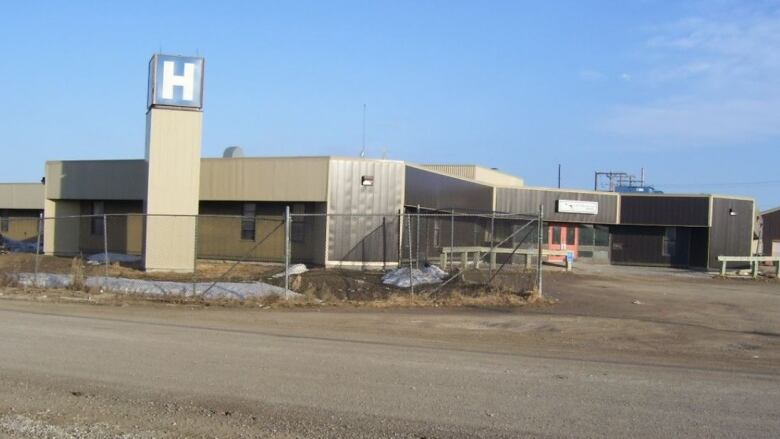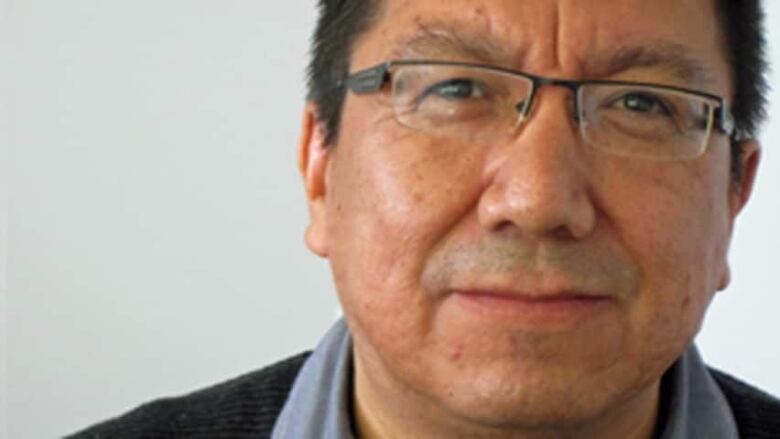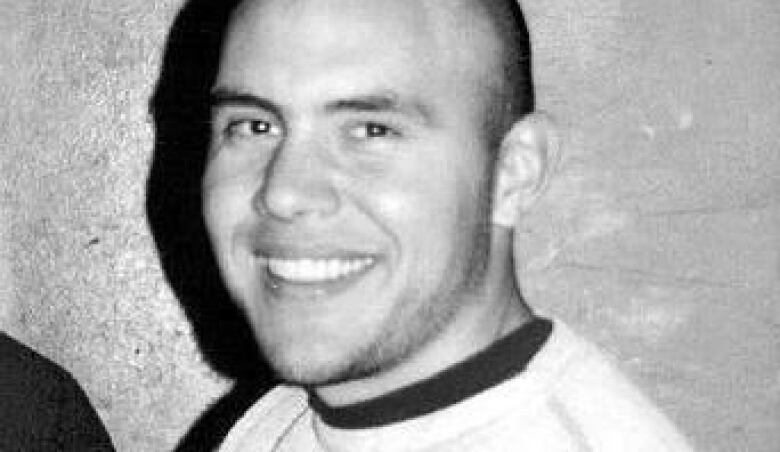First Nations leaders optimistic but cautious about Ontario's indigenous health care plan
"We need to ensure that this is done in a way that truly meets the needs of all our communities."

First Nations leaders in Ontario are optimistic about the province's indigenous health care plan, but are moving forward cautiously.
The Ontario government announced plans to invest more than $220 million in health care for First Nations over the next three years. The plan has a particular focus on the north, with funding to theWeeneebaykoArea Health Authority, which has sites in Moosonee, Moose Factory, Fort Albany and Attawapiskat.
The plan also calls for investment in crisis support, which will include more trauma response teams, youth programs and mental health workers in schools. This comes at a time when communities like Attawapiskat and others are struggling to stabilize young people struggling with depression and contemplating suicide.
The Liberals say this is the largest investment in indigenous health in the province's history. In addition to the funding, The First Nations Health Action Plan will receive annual funding of $104.5 million.
Ontario Regional Chief Isadore Day says he is happy with this news, as there will be money allocated to areas in need.
"The fact that we're looking at primary health care, looking at prevention, public health, seniors care and life promotion...this is certainly an opportunity to see some movement."
However, Day admitted that he is a bit skeptical.
"We've got to act quickly. We've got major issues in all of our communities," he said. "I think the fact that the Ontario government has responded to the dire health disparities in the north is a plus."
Alvin Fiddler, the Grand Chief of the Nishnawbe Aski Nation, said it'stoo early to tell where government will allocate its funds. He said hewill discuss the planduring a meeting in Toronto next Monday.
"The key for all of this is to wait and see what Canada will be offering in the weeks and months ahead. I think it's important that the Nishnawbe Aski Nation is involved," he said.
Fiddler added that he will use his role as a leader to make sure money goes to communities up north.
"We cannot repeat mistakes of the past. We need to ensure that this is done in a way that truly meets the needs of all our communities."

More needs to be done for health equity
NDP health and Aboriginal affairs critic France Gelinas said this announcement for funding couldn't have come sooner.
"The number of times we have brought issues of inequity in access for First Nations to catastrophic outcomes...they had no choice. They had to act," she said.
While she is pleased with the announcement, she said she needs more details about the government's priorities.
"I'm glad they're talking about First Nations health. I have been wanting our government to pay attention to First Nations health for a long time. But I remain cautious until I see it on the ground."
Gelinas added she'll be closely watching where the investments will go.
"I'm curious to see the details. As long as I don't see it rolling off in a First Nations community in a meaningful way, I will not put my guards down."
Meanwhile, Brock Pitawanakwat, an indigenous studies professor at the University of Sudbury, expressed concern over the Ontario government's indigenous health care plan.

While the funding will reduce the disparity among First Nation communities and the rest of the province, he said the government still has a long way to go when it comes to creatinghealth equity.
"What's pretty clear is it's not intended to be an investment that will eliminate these health inequities," he said. "And so, indigenous peoples - especially in northern Ontario [and] throughout the province - are going to continue suffering shorter life expectancy, higher infant mortality and higher rates of infectious diseases. I think it would be ideal for the government to state that that's the problem and they're going to eliminate it."
However, Pitawanakwat said he thinks the government did take into consideration recent issues surrounding communities like Attawapiskat - whichdeclared a state of emergency over suicide attempts earlier this year.
"I appreciate why there is optimism. And that yes, this will provide better health care based on these new investments," Pitawanakwat said.
"But again, it concerns me that at no point is the government willing to actually say that they're going to commit the necessary resources to eliminate the health gap between indigenous peoples in the north and Ontarians across the province."












_(720p).jpg)


 OFFICIAL HD MUSIC VIDEO.jpg)
.jpg)



























































































